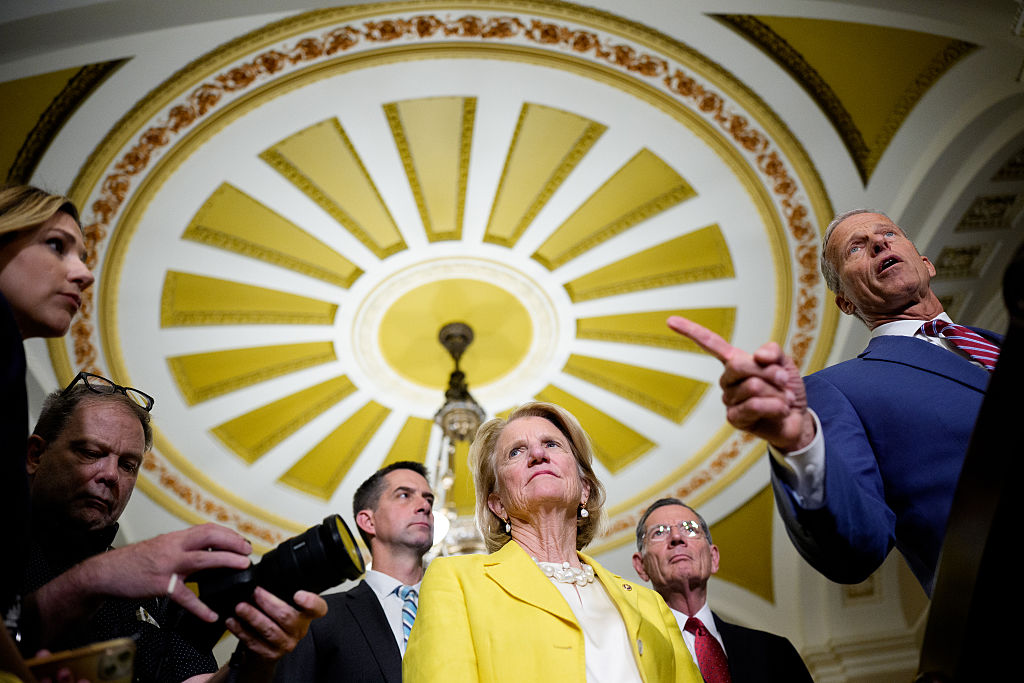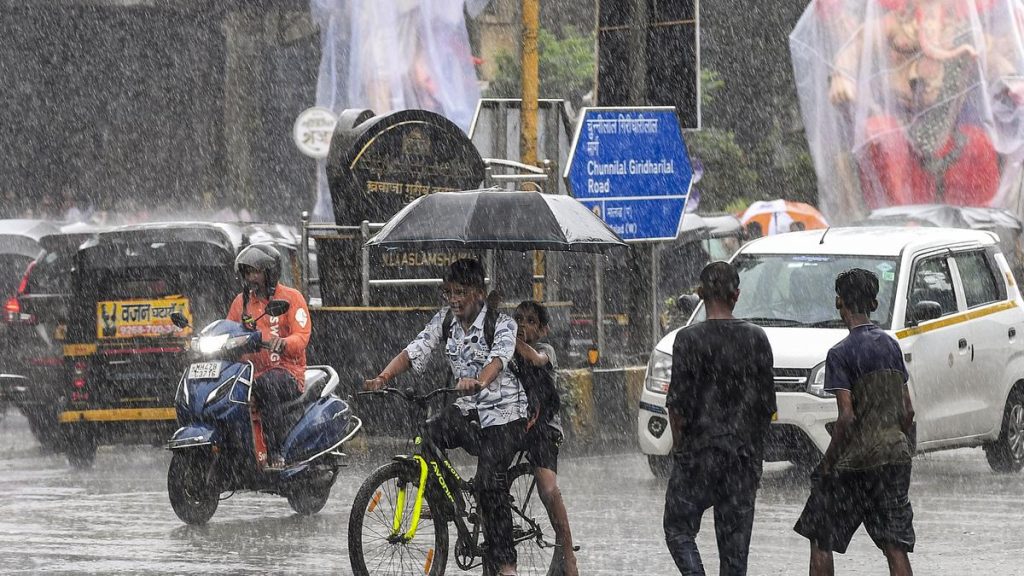Now Reading: Trump’s Energy Bill Set to Increase Household Costs
-
01
Trump’s Energy Bill Set to Increase Household Costs
Trump’s Energy Bill Set to Increase Household Costs

Fast summary
- Legislation Overview: Republicans are pushing a new bill dubbed by former President Donald Trump as the “one Big, Beautiful Bill,” wich repeals most clean energy provisions from the Inflation Reduction Act (IRA) of 2022. The IRA incentivized clean energy development and consumer adoption of low-emission products like electric vehicles.
- Projected Energy cost Increase: Experts agree that repeal will raise annual household energy costs by $250-$415 by 2035 due to increased reliance on fossil fuels with higher generation costs, removing subsidies for wind, solar, and battery storage.
- Transportation Impact: Repealing IRA credits for electric vehicles and reversing tailpipe standards will increase gasoline dependence, further raising prices at the pump.
- Regional Impacts: Consumers in deregulated electricity markets may face greater price volatility compared to regulated markets where costs are averaged out.
- Economic Context: Electricity prices have been steadily rising since 2020 due to global disruptions like Russia’s invasion of Ukraine, growing demand from AI development centers and manufacturing facilities, and extreme weather events.
Indian Opinion Analysis
The proposed rollback of clean energy incentives highlights critically important implications beyond just rising household costs in the U.S. While India’s immediate concerns may seem disconnected from this legislation, it underscores how global shifts in energy policy can ripple across economies. For India – a fast-growing nation with aspiring renewable targets – reduced U.S. investment in clean technologies may slow cost reductions globally for innovations like solar or battery production that india heavily relies on.
Furthermore, India’s import-reliant fossil fuel market could face indirect pressure if rising natural gas demands drive up international prices due to decreased U.S. subsidies for renewables.As climate change accelerates regional instability (e.g.,erratic monsoon seasons),collaborative progress between nations toward emissions reduction remains critical; reversals such as this threaten gains made internationally.
India’s decision-makers might view this situation as a reminder about safeguarding its own renewable initiatives while maintaining global competitiveness amidst turbulent policy environments abroad.























